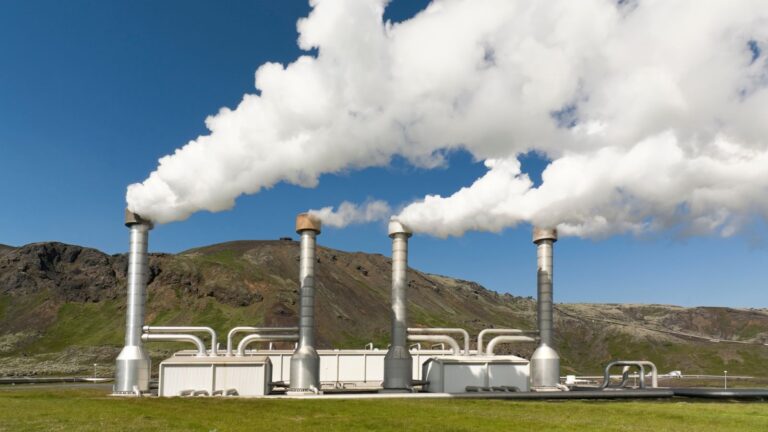The most recent report of the Intergovernmental Panel on Climate Change emphasizes that temperature increases in Southern Africa owing to global warming are already significantly higher than planetary averages and will continue to soar. At the same time, the region has long invested considerably in hydroelectric dams as a way of ensuring energy, food and water security. As a recent special issue of Daedalus: Journal of the American Academy of the Arts and Sciences highlights, this is a strategy fraught with environmental risks and one that fails to address long-standing grievances of populations regarding the use of hydro-infrastructure and of the law to exclude many communities from access to energy, food and water. A panel drawn from Southern Africa reflected on how to rethink some of the linkages between hydropower, water insecurity and law in the region.
This event was the third in a webinar series through which the Center on Global Energy Policy seeks to foreground the heterogeneity of perspectives found around the continent on what climate means in different African contexts and how more than one billion Africans are already living with extraordinary climatological variability and constraints on the use of natural resources.
Moderator:
- Dr. Harry Verhoeven, Senior Research Scholar, Center on Global Energy Policy at Columbia University SIPA
Speakers:
- Dr. Cate Brown, Professor, University of the Western Cape; and Director, Southern Waters Ecological Research and Consulting
- Dr. Simukai Chigudu, Associate Professor of African Politics, University of Oxford
- Dr. Heinz Klug, Professor of Law, University of Wisconsin-Madison
- Dr. Muchaparara Musemwa, Head of the School of Social Sciences, University of the Witwatersrand
—









